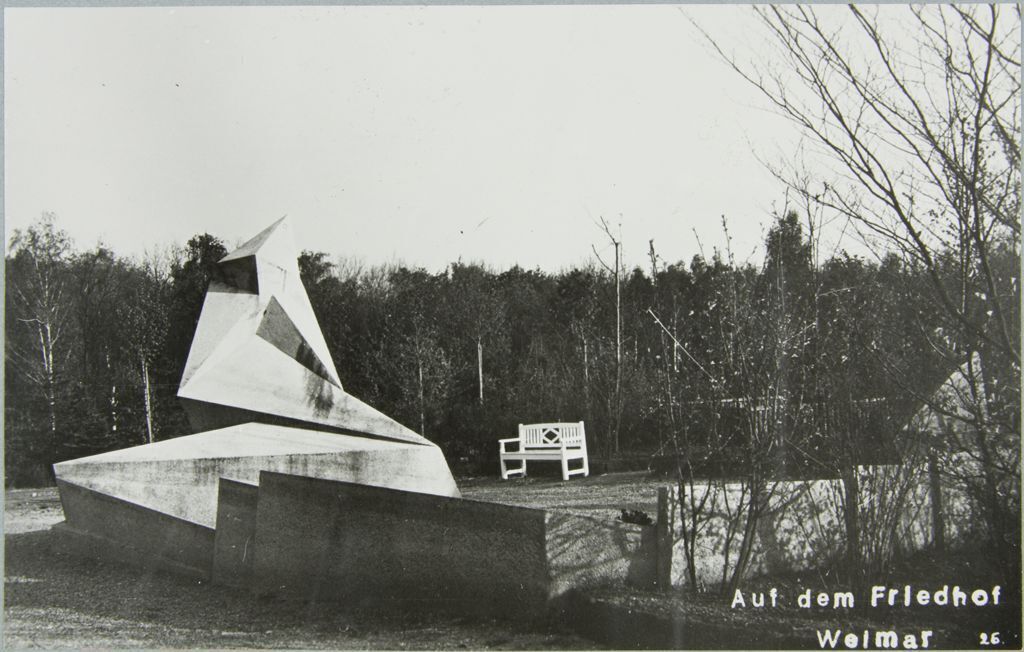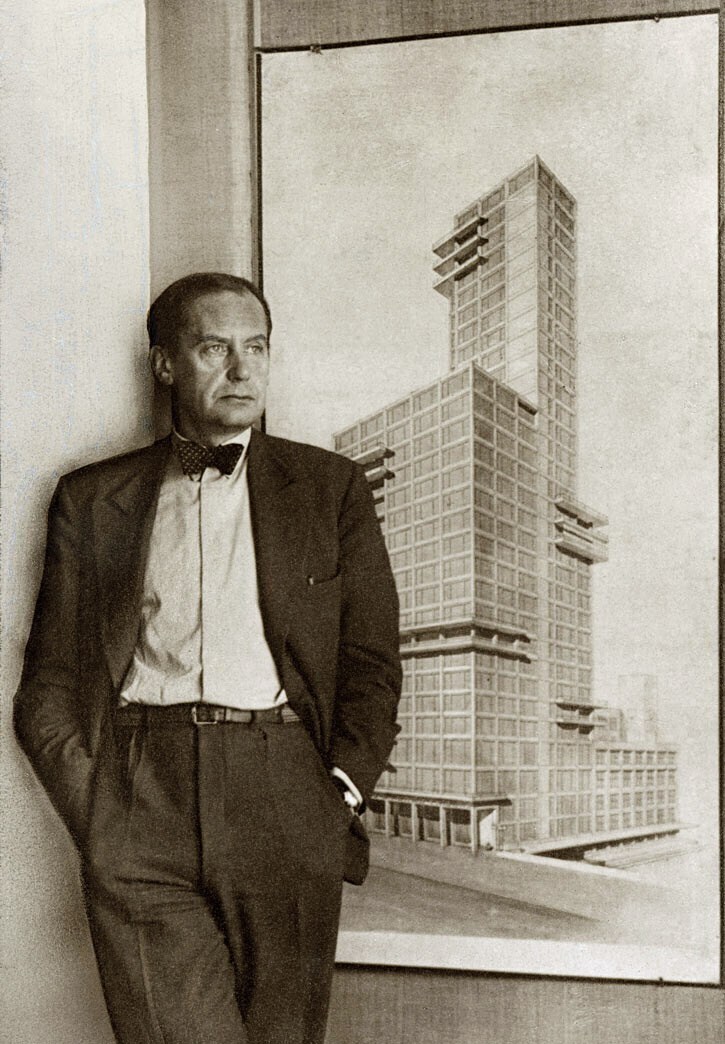Anna Bronovitskaya’s lecture is dedicated to Walter Gropius—a pioneering figure in the history of modernist architecture, who has influenced generations of architects and designers.
Gropius’s early projects and publications revealed and emphasized the value of industrial aesthetics in architecture, as well as the importance of functional method in design. The inaugurate Bauhaus school director put together the strongest team of pedagogues and substantially reformed architectural and design education. After emigrating to the USA in the mid-1930s, Gropius became one of the most influential promoters of modern architecture in America.
Walter Gropius has developed a system of form making principles in architecture that could and should correlate with the specifics of a local environment. An adept of teamwork, most of his projects were realized together with like-minded co-authors. A complete antipode of the “celebrity” type of creator, Gropius never promoted himself, advocating for beautiful and functional architecture which is possible for any of his committed followers to produce.








